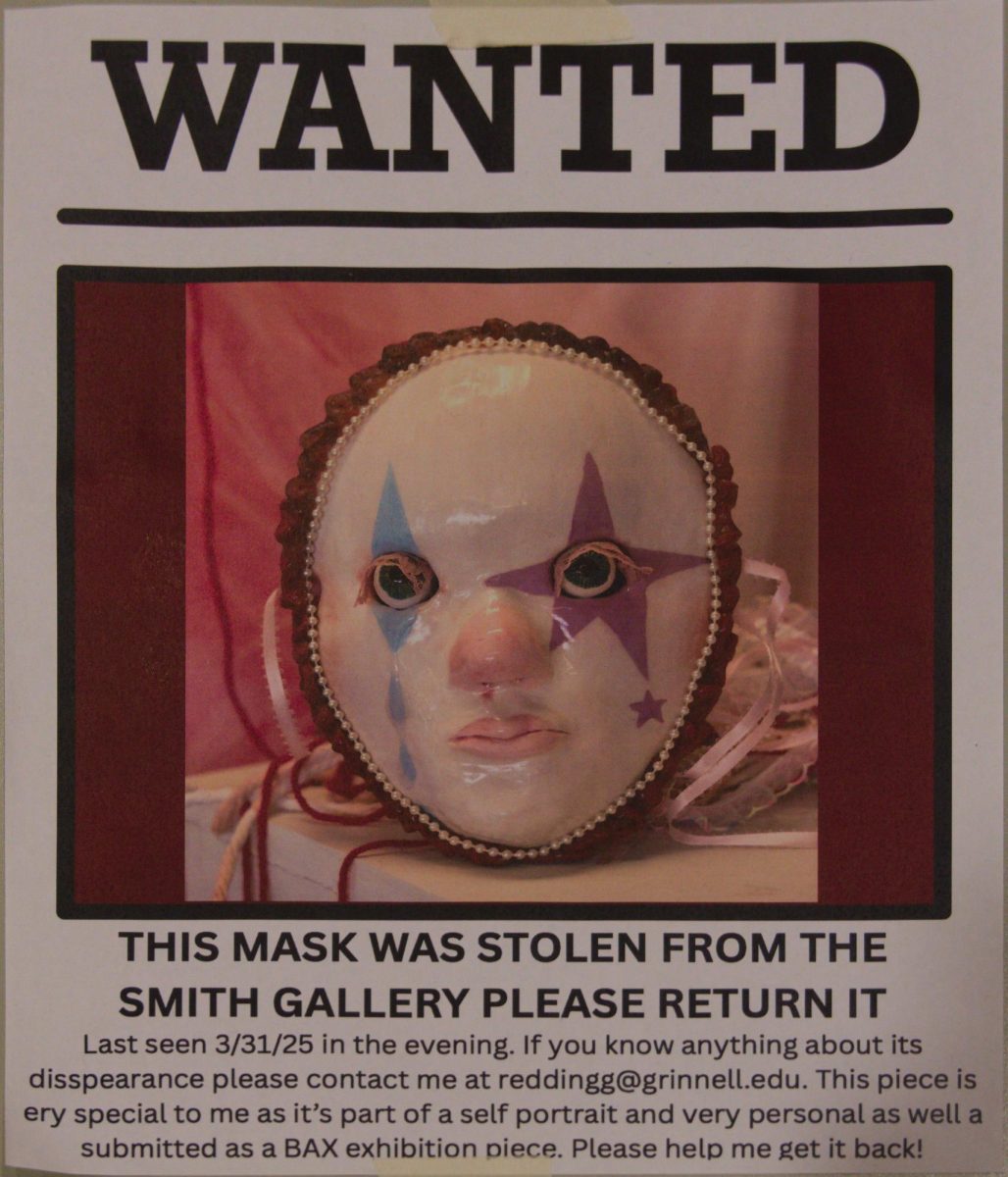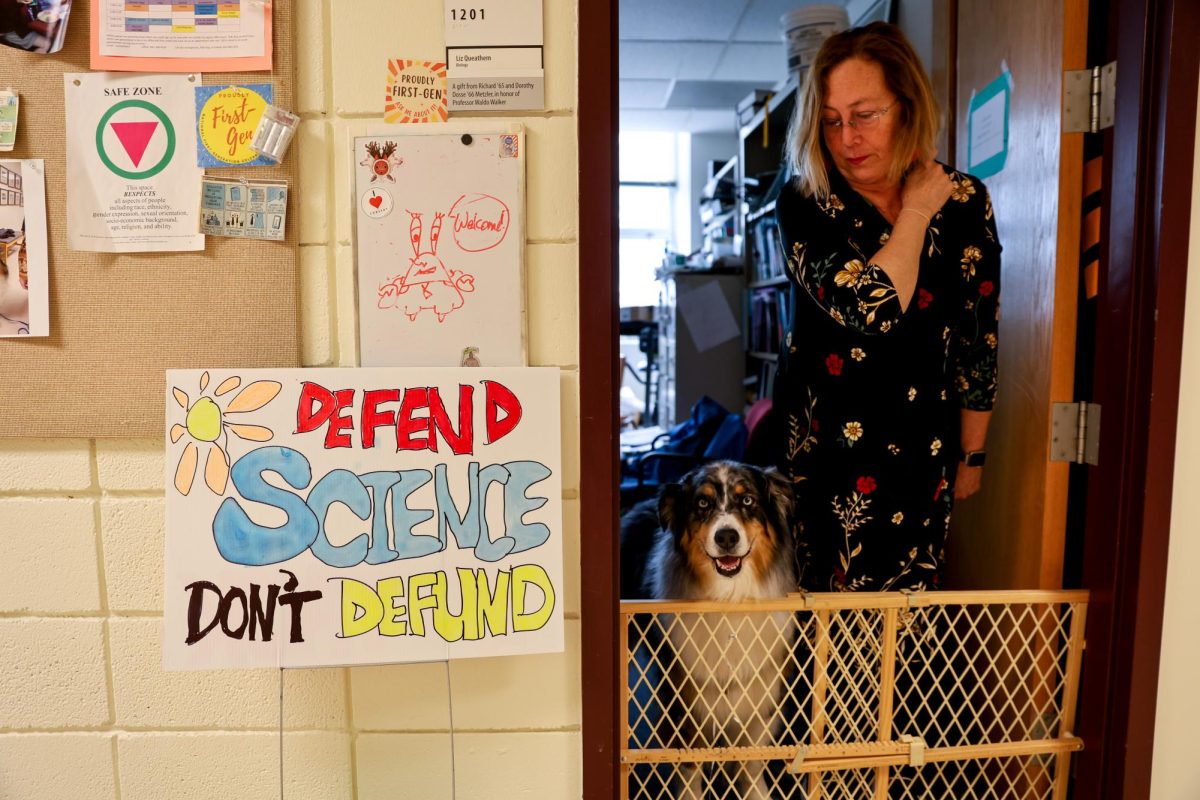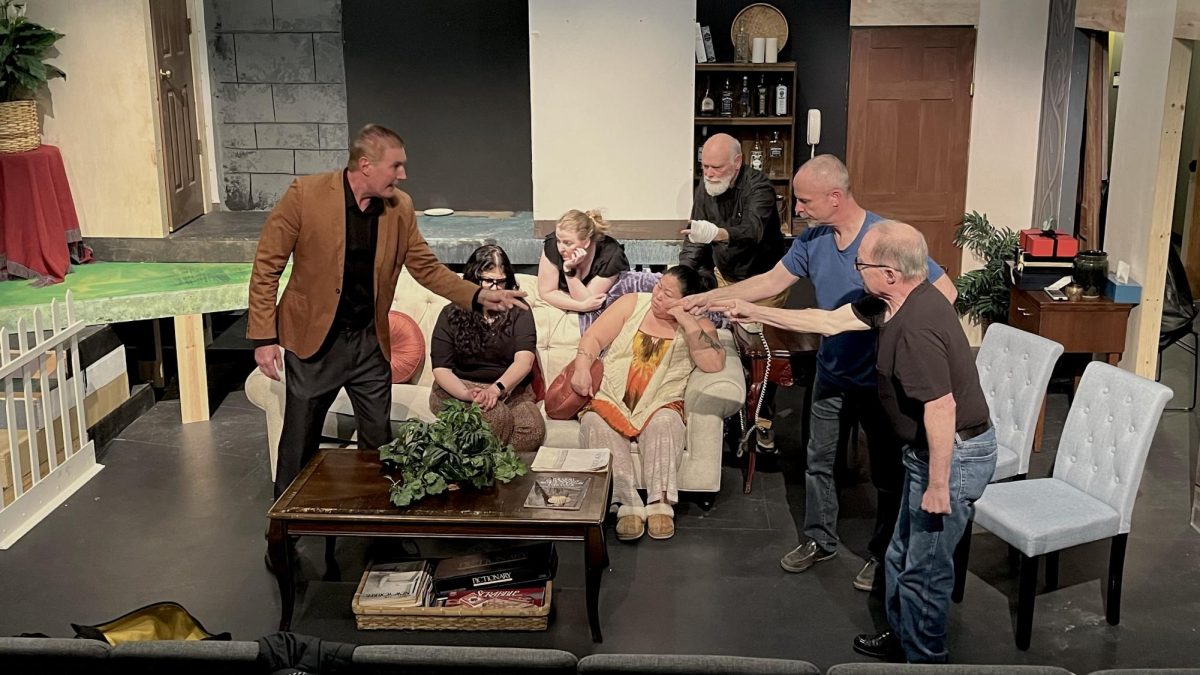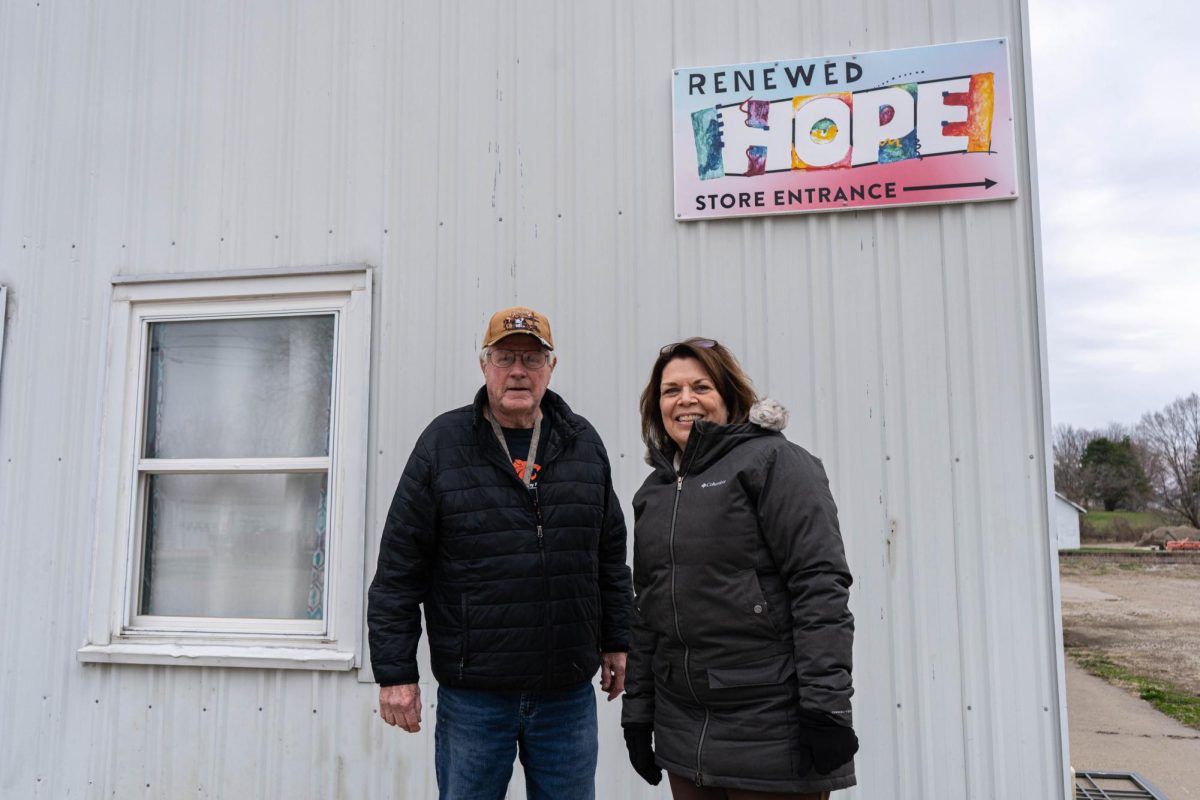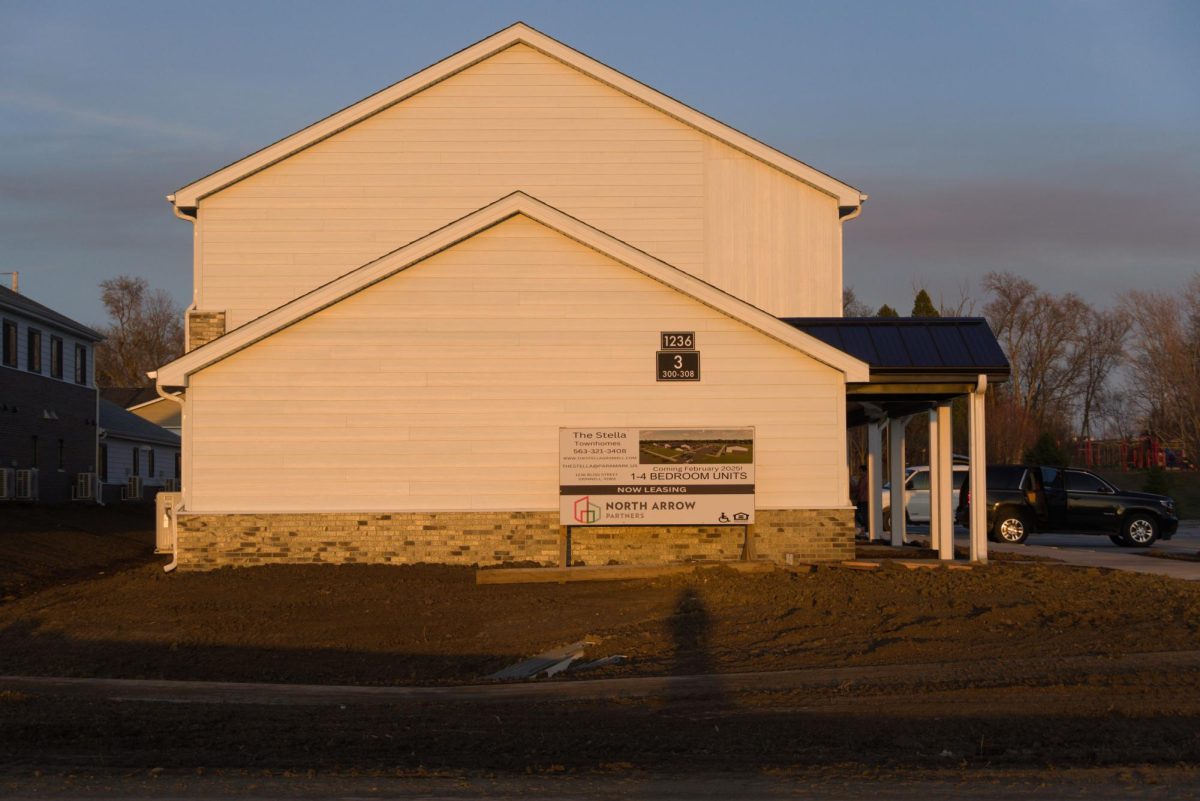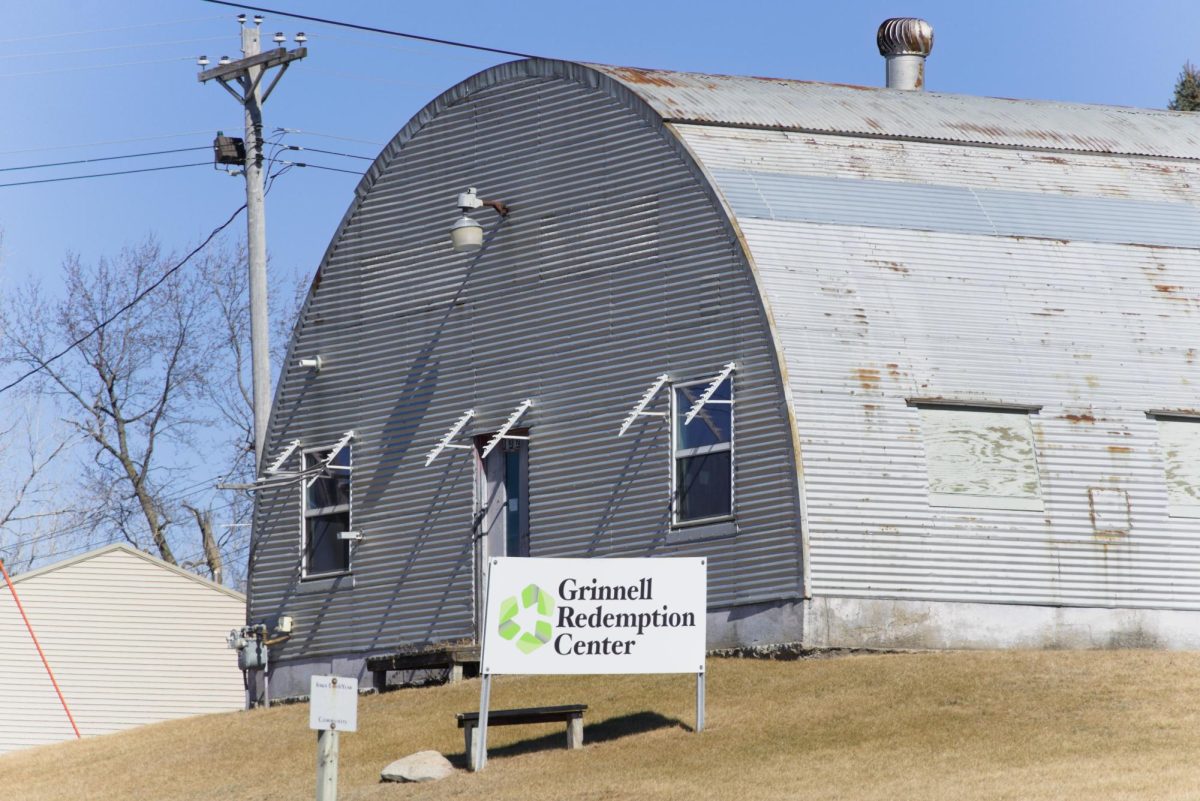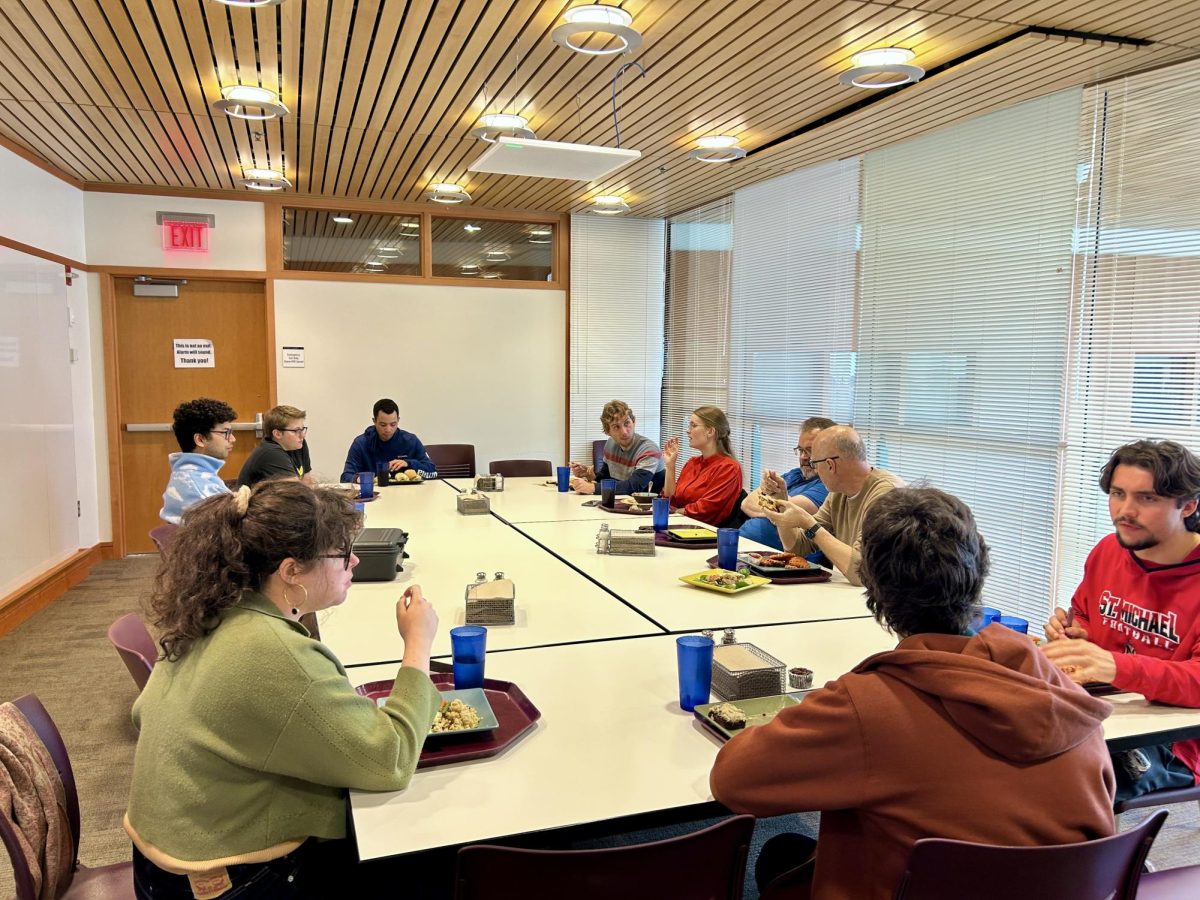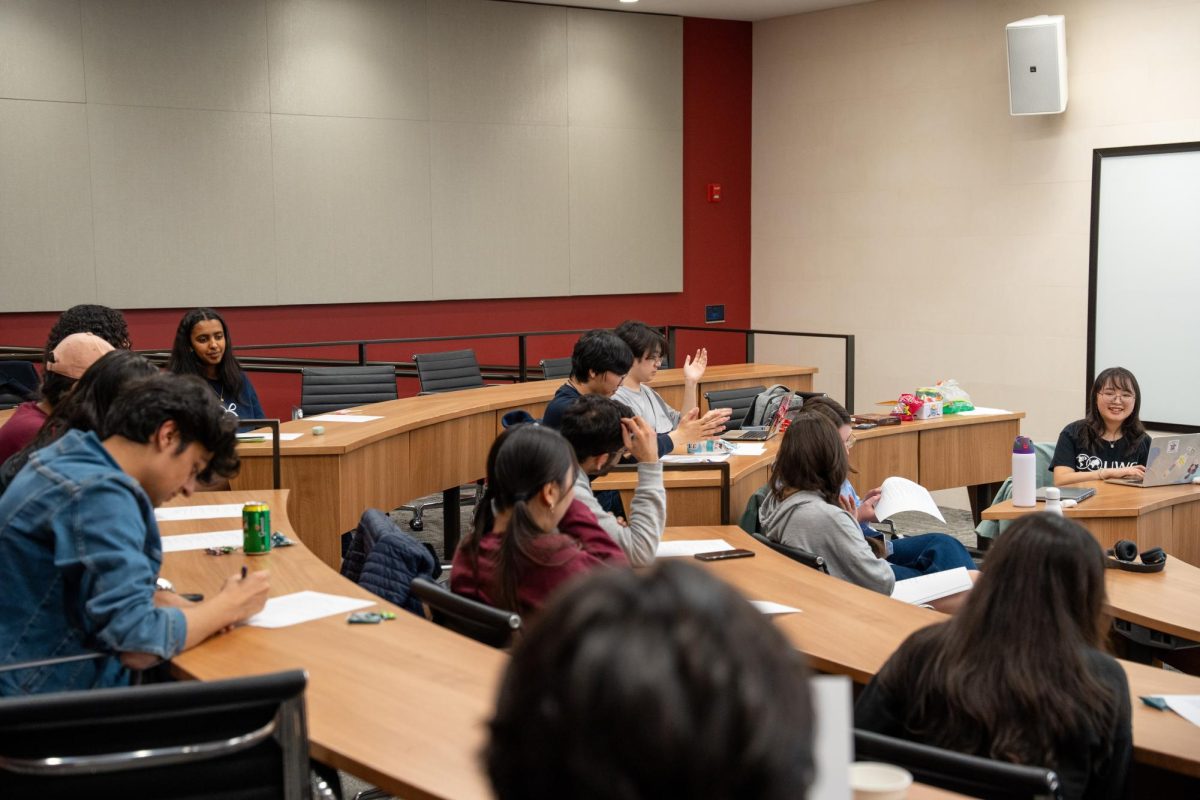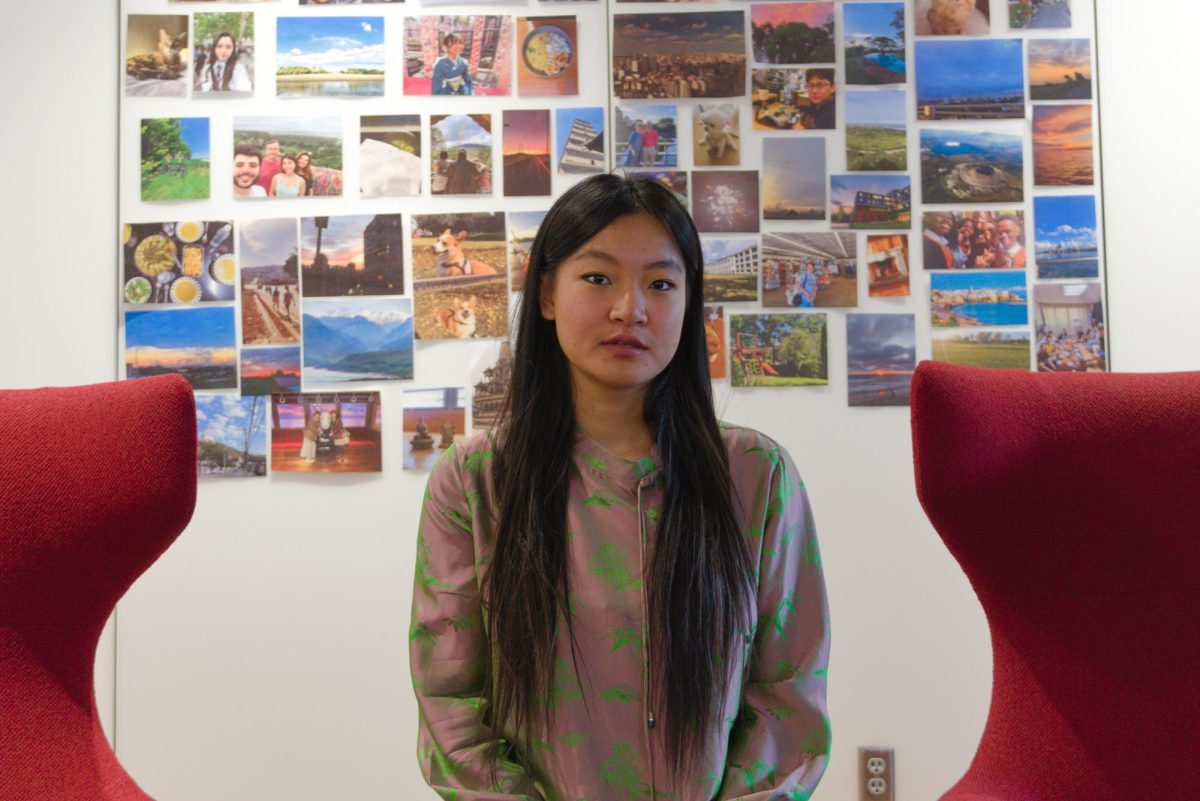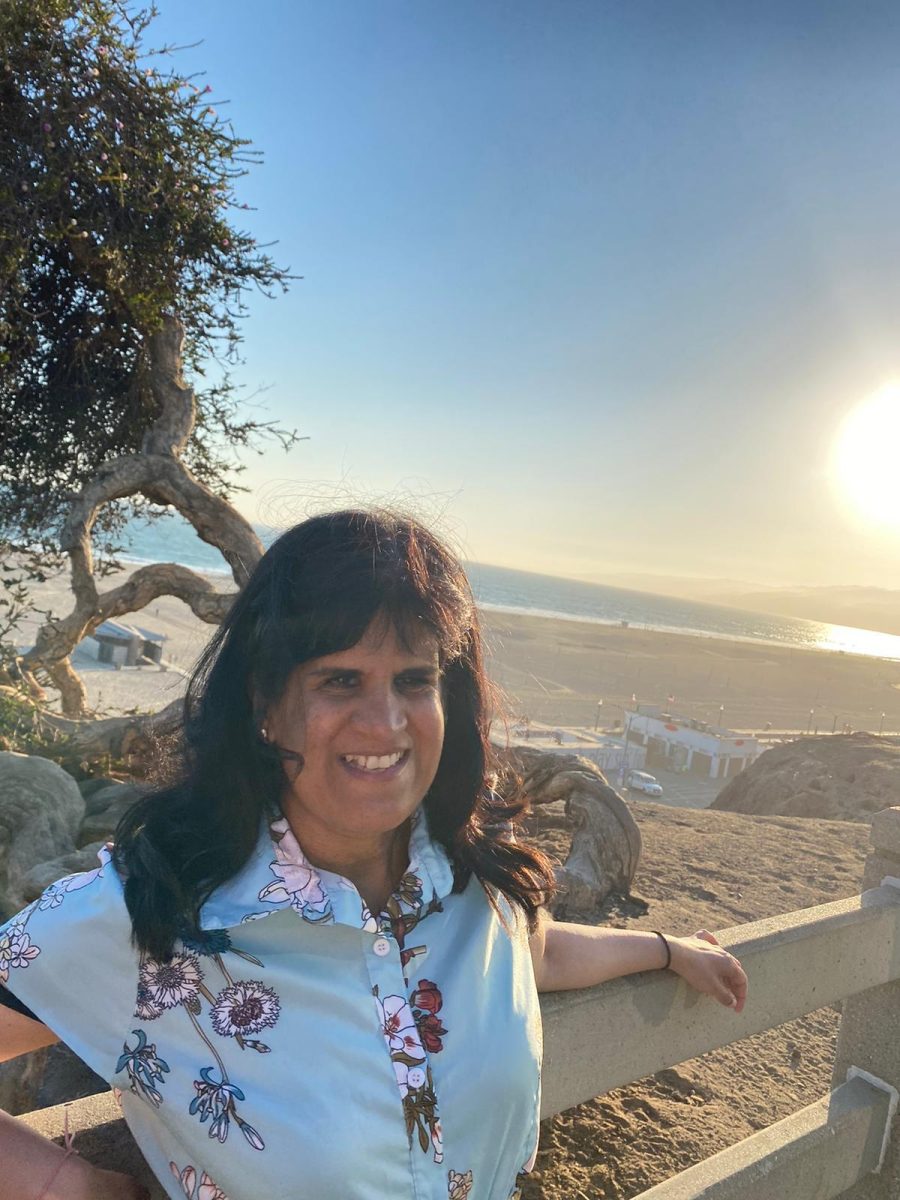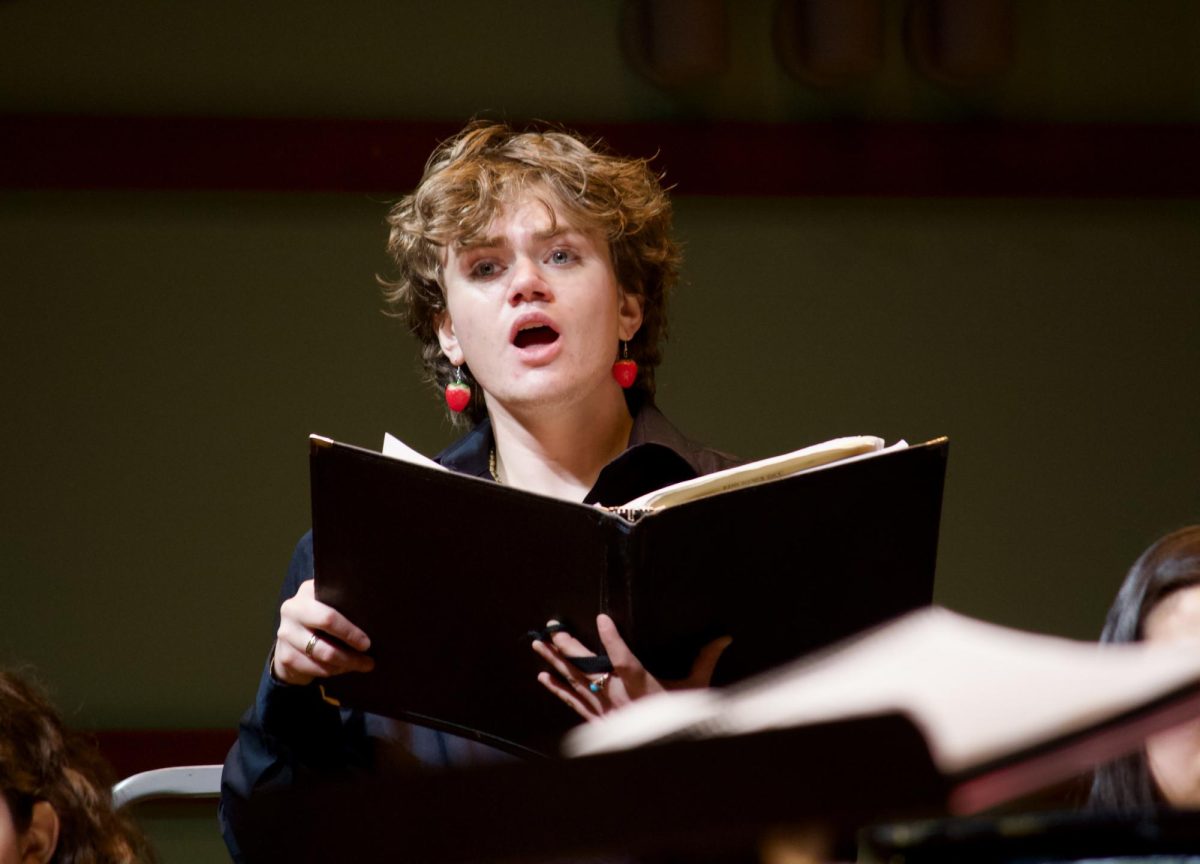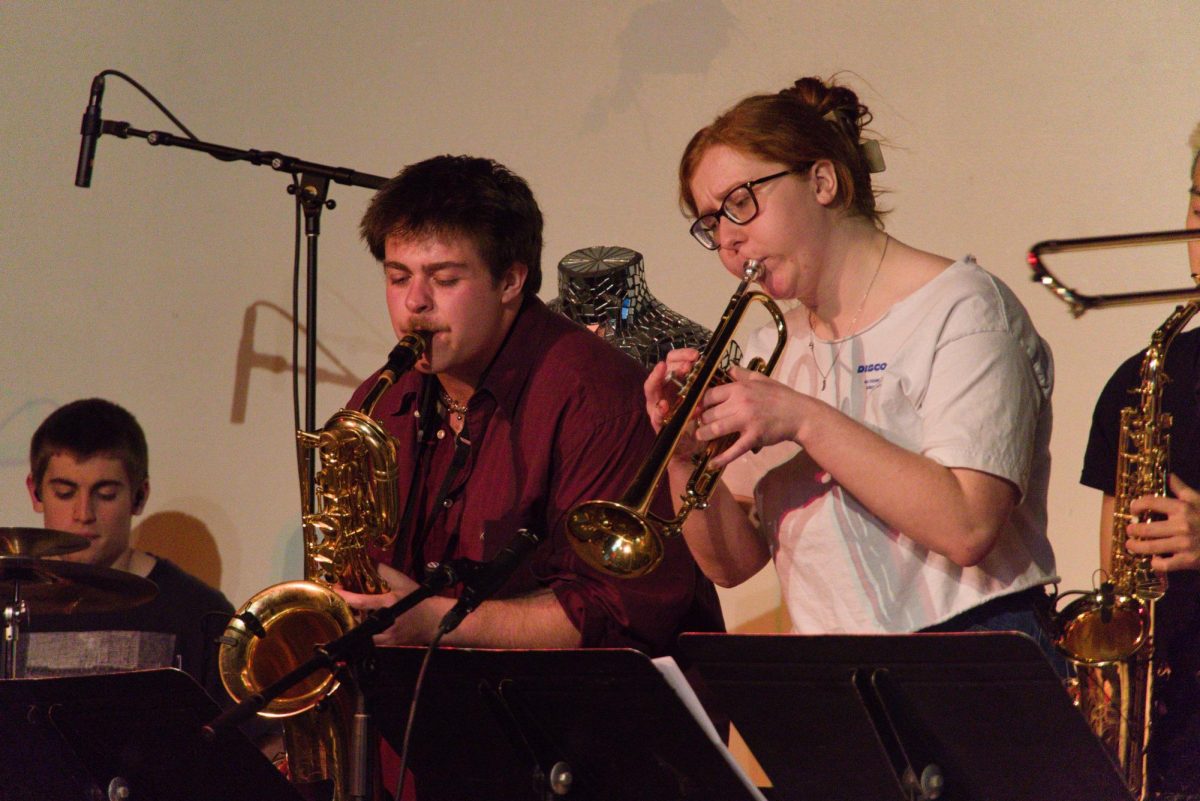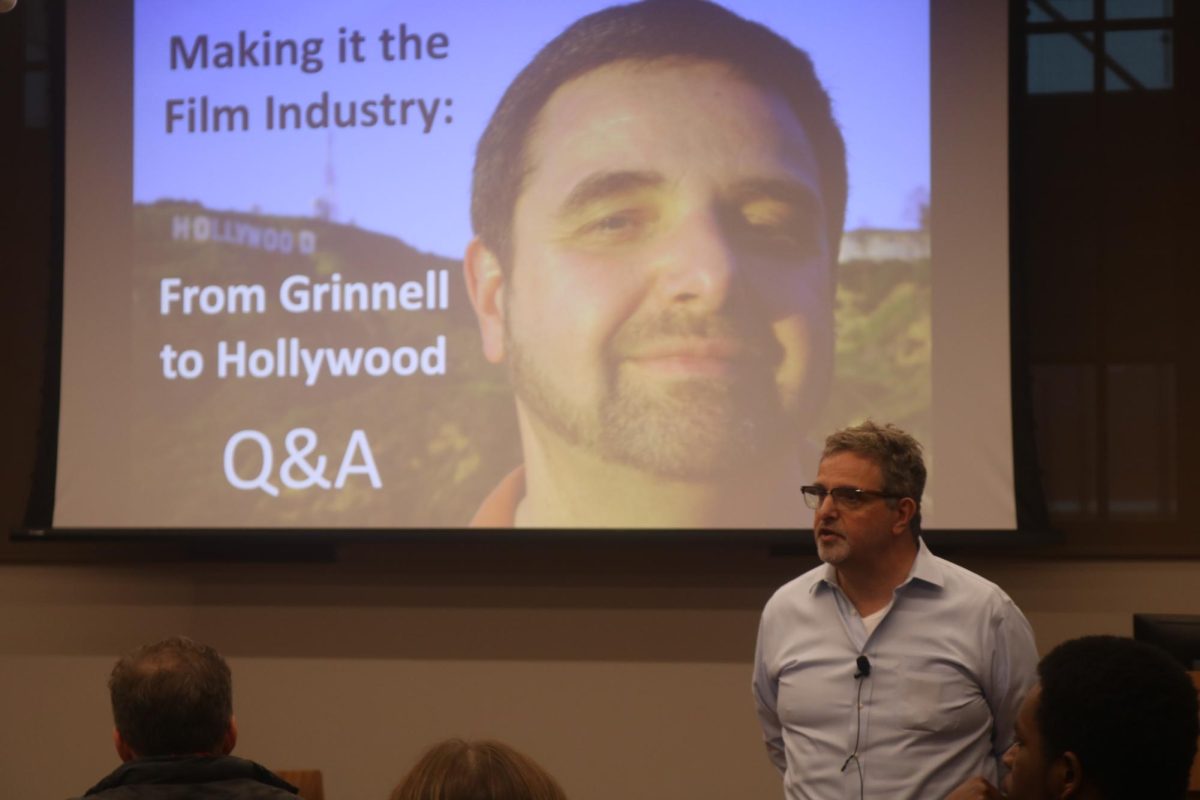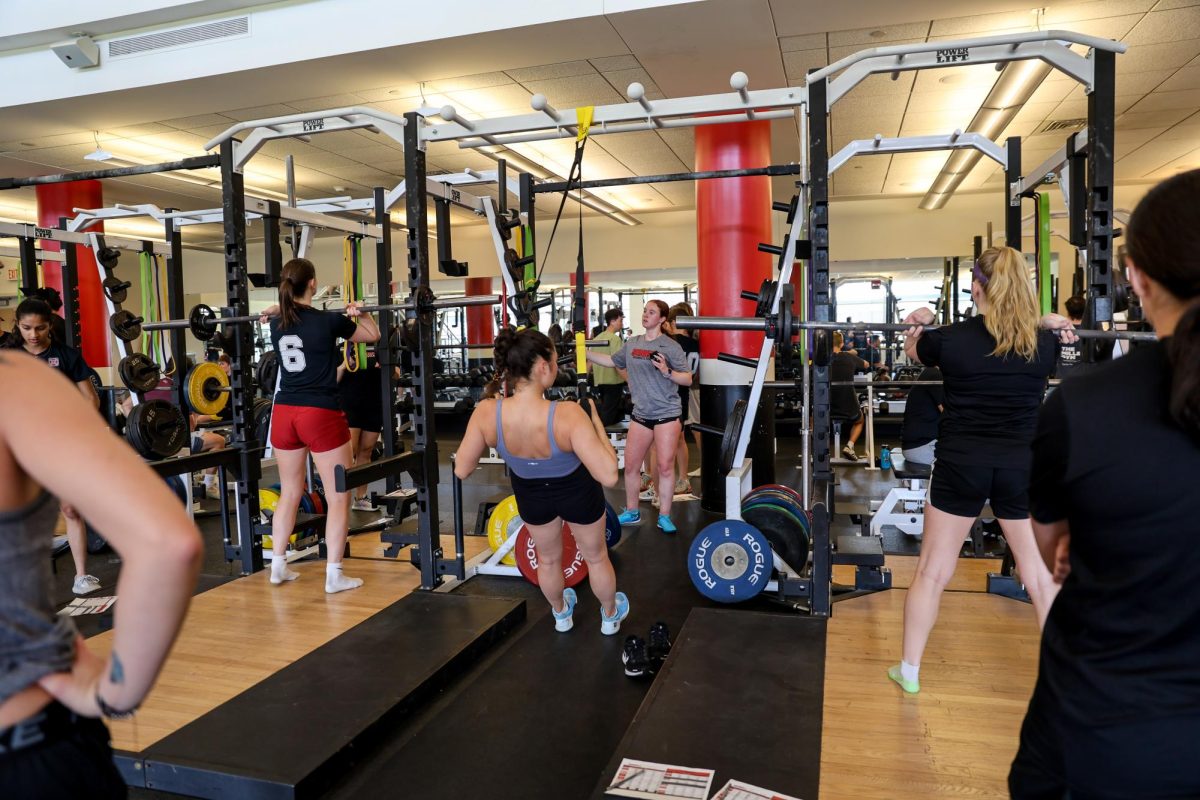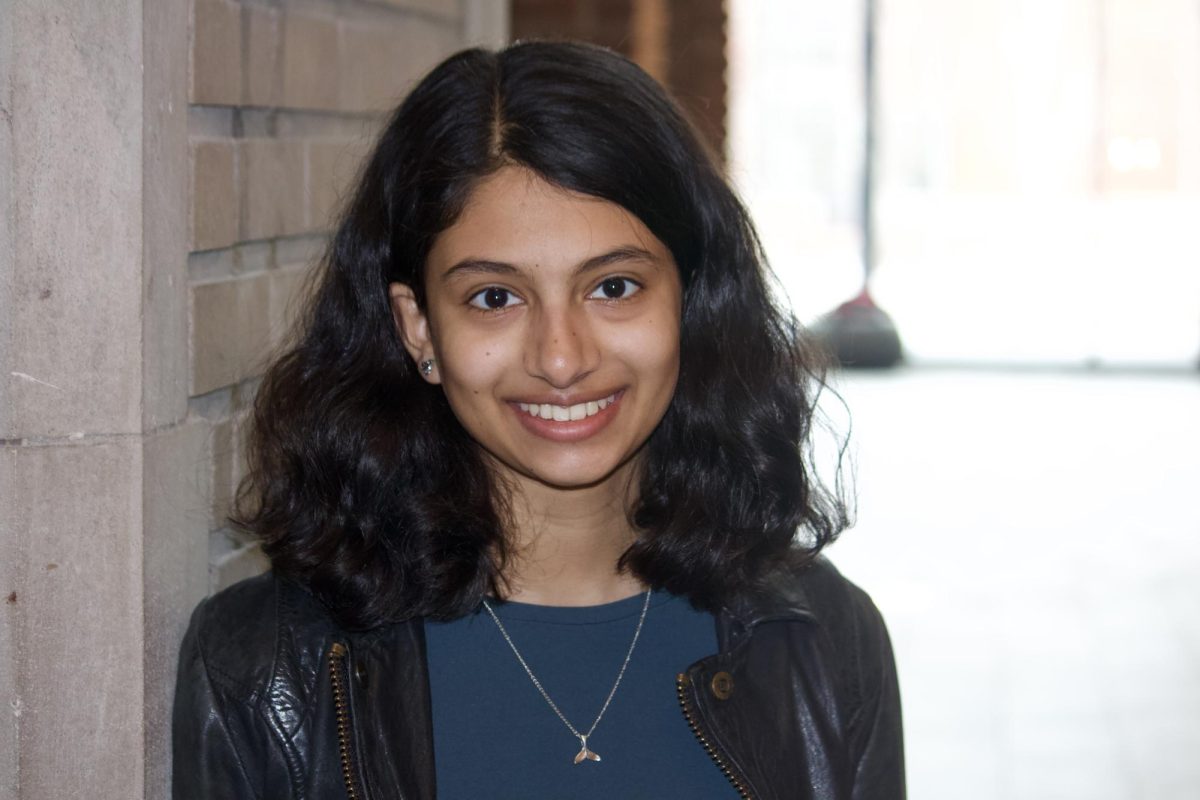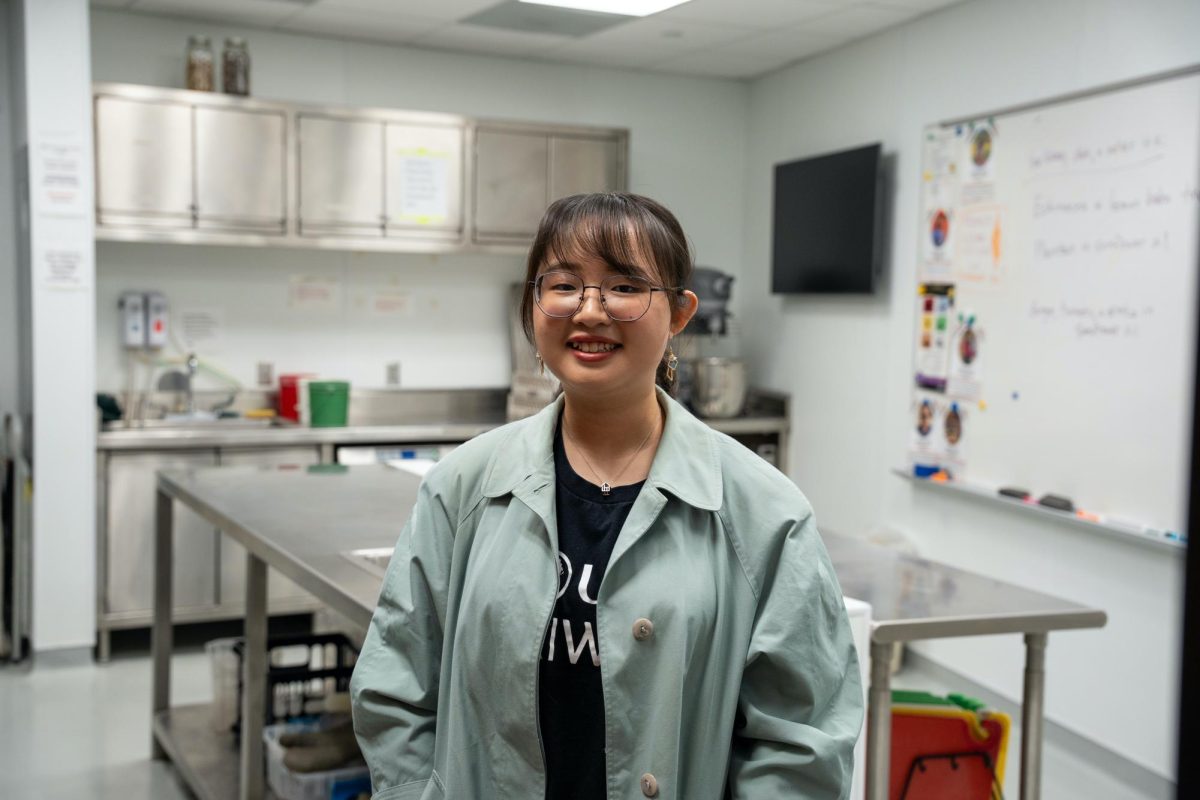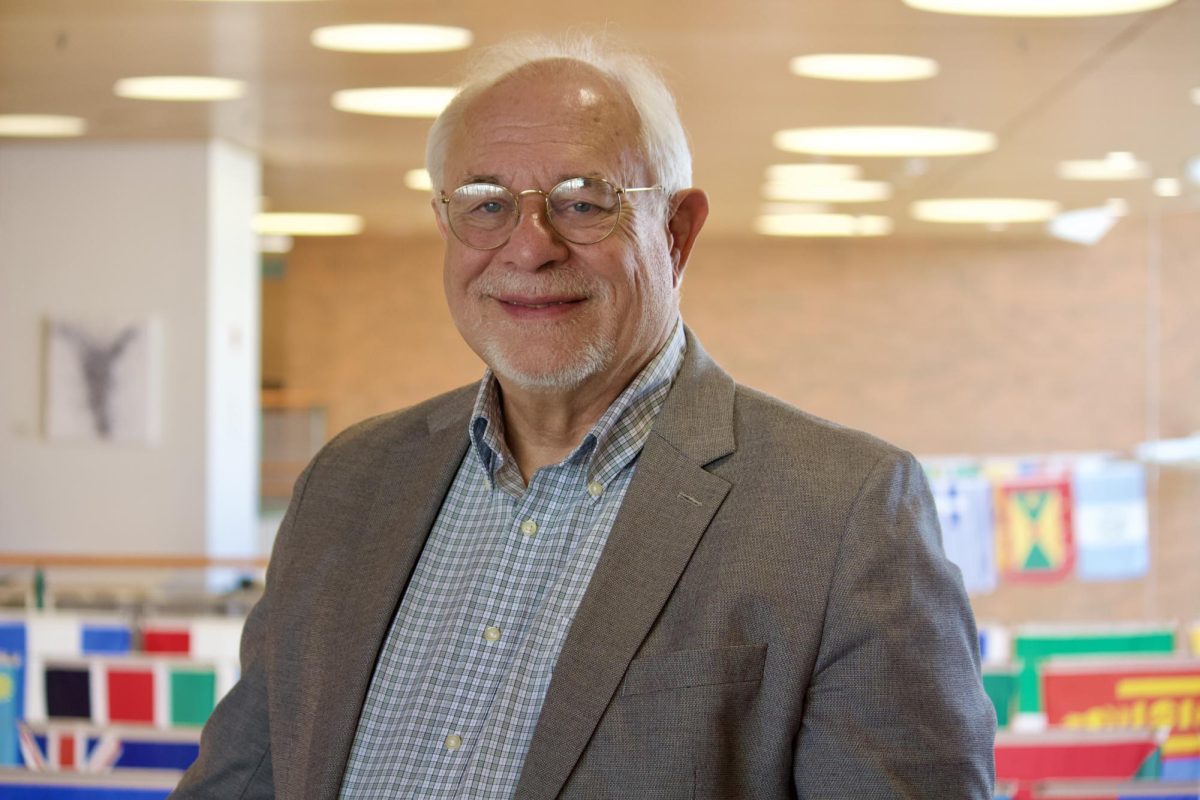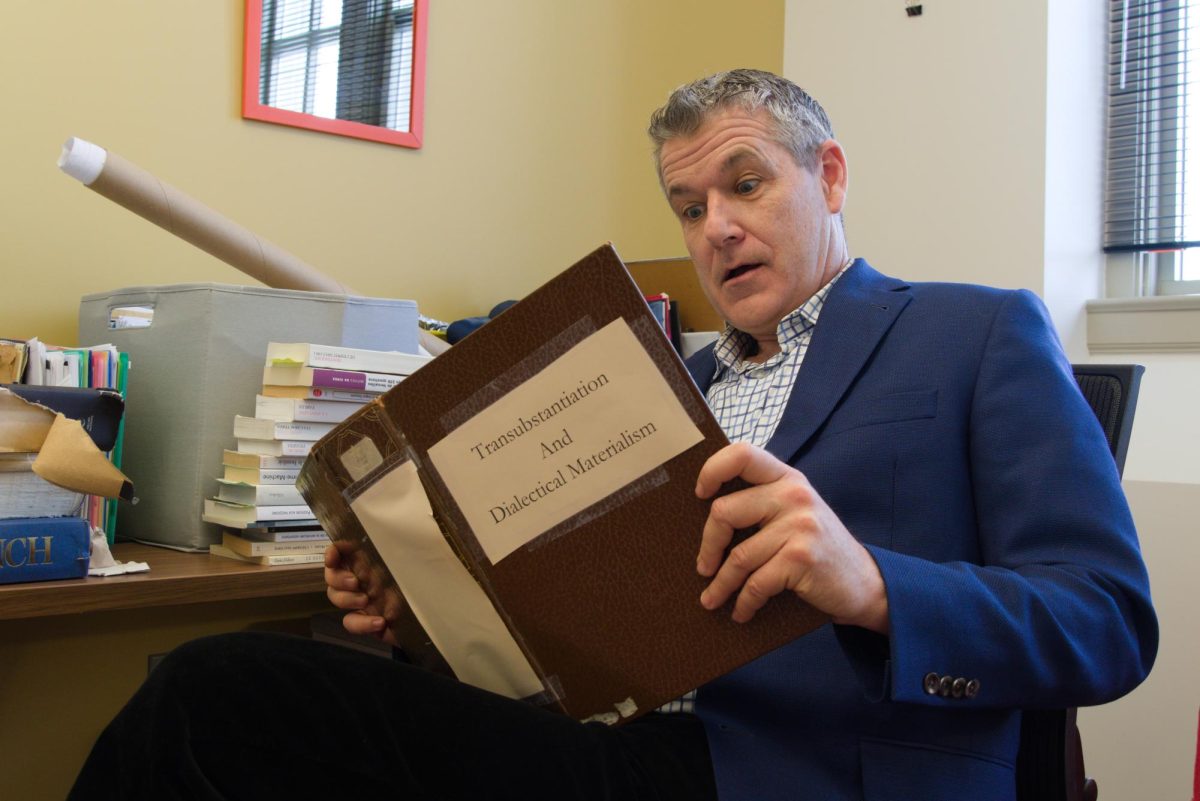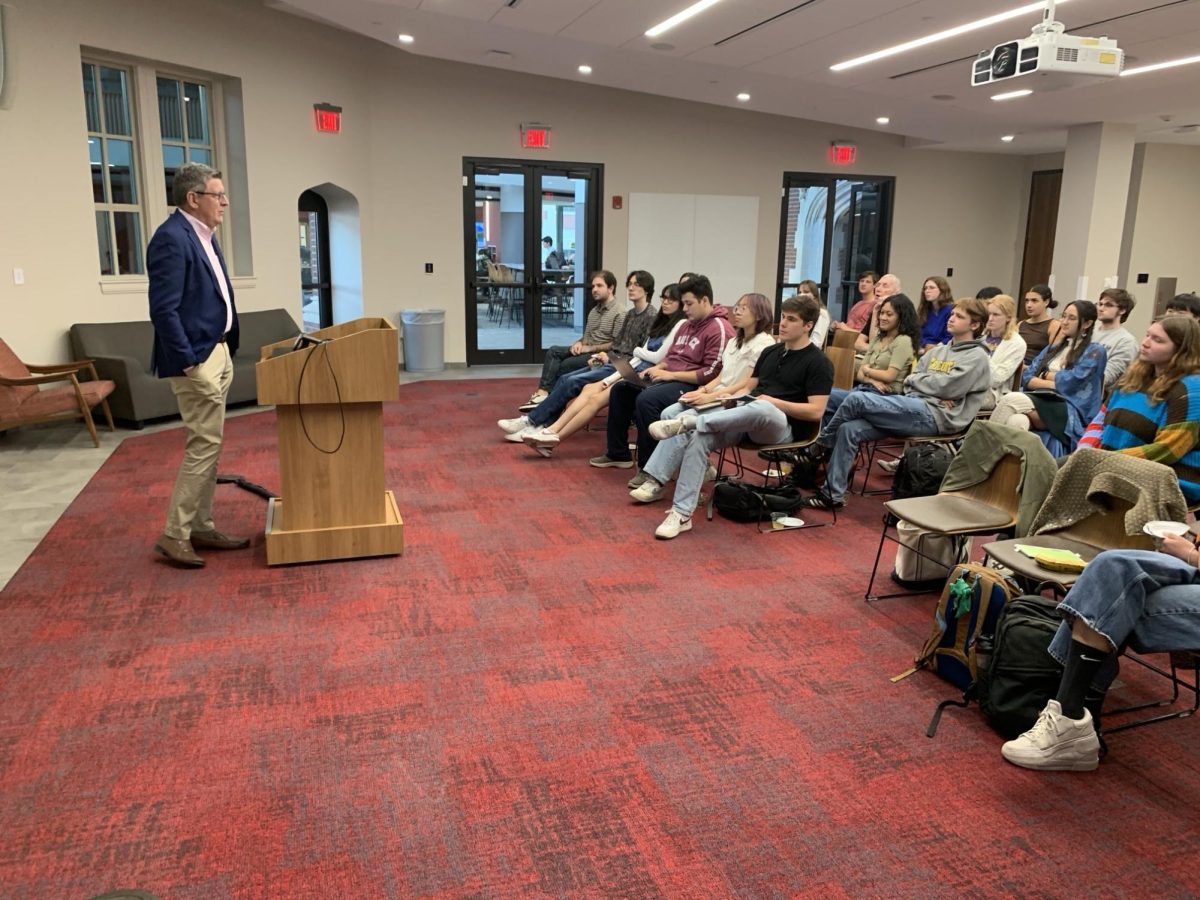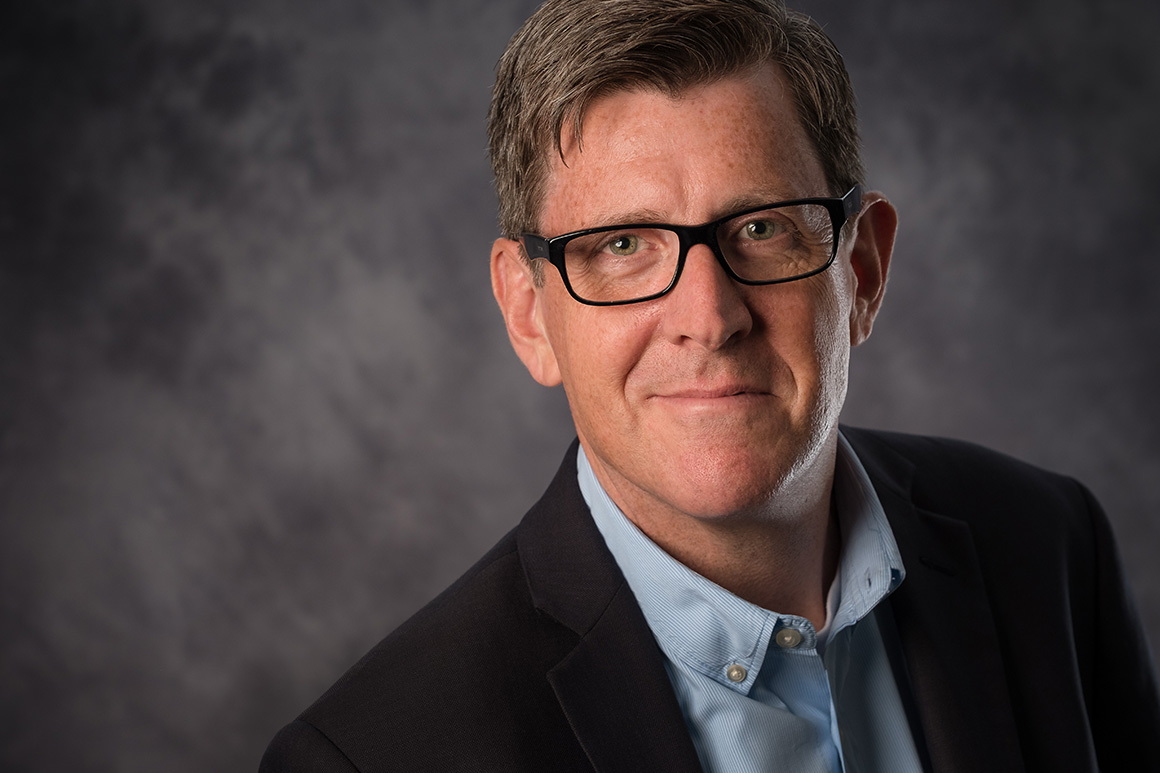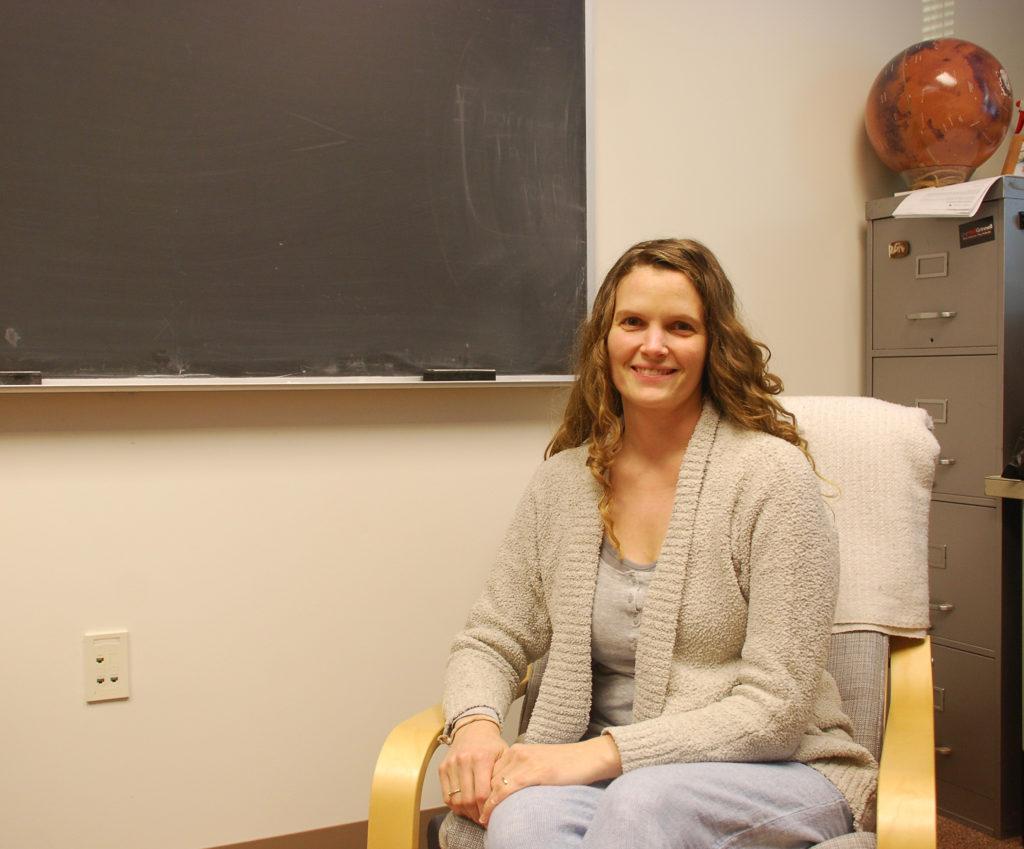
Assistant Professor Charlotte Christensen, physics, has recently been granted with a $484,300 career award by the National Science Foundation (NSF) to support her research on North Satellite Galaxies. These low-mass galaxies which surround the Milky Way Galaxy have long remained as Professor Christensen’s research interest.
“What I want to figure out is why these satellite galaxies are no longer forming stars. This is in contrast to other galaxies of similar masses that we see at greater distances, which often times are still forming stars. … My hope is to explore some of these mechanisms using computer simulations.” Christensen said.
On the other hand, the NSF has two major considerations before giving award to any scientific proposals. First, the NSF will examine the project’s intellectual merit, which is its feasibility and underlined scientific interest. Secondly, they will assess the project’s broader impact in the scientific field and society. For Christensen, she believes her project will help Grinnell physics department incorporate more programming into its curriculum and help her connect with more talented scientists and investigate her field of interest in a deeper level.
“I am very grateful because these grants are long shots, and I know there are a lot of really talented, worthy scientists who submitted grants, I just feel really fortunate to be awarded. And I am also extremely excited because this is a project I wanted to do for years, and now I have the opportunity to investigate it,” Christensen said.
Part of the funding will go towards Christensen’s travel to meet with collaborators on her project. Additionally, part of the funding will go towards funding undergraduates to assist on Christensen’s research and present their research as well.
Christensen will launch her research project from this summer, starting by comparing galaxies’ simulations with the environment and exploring their properties.
“I will be on campus for the research. Actually right here in this office and just down the hallway in my research lab,” Christensen said.



